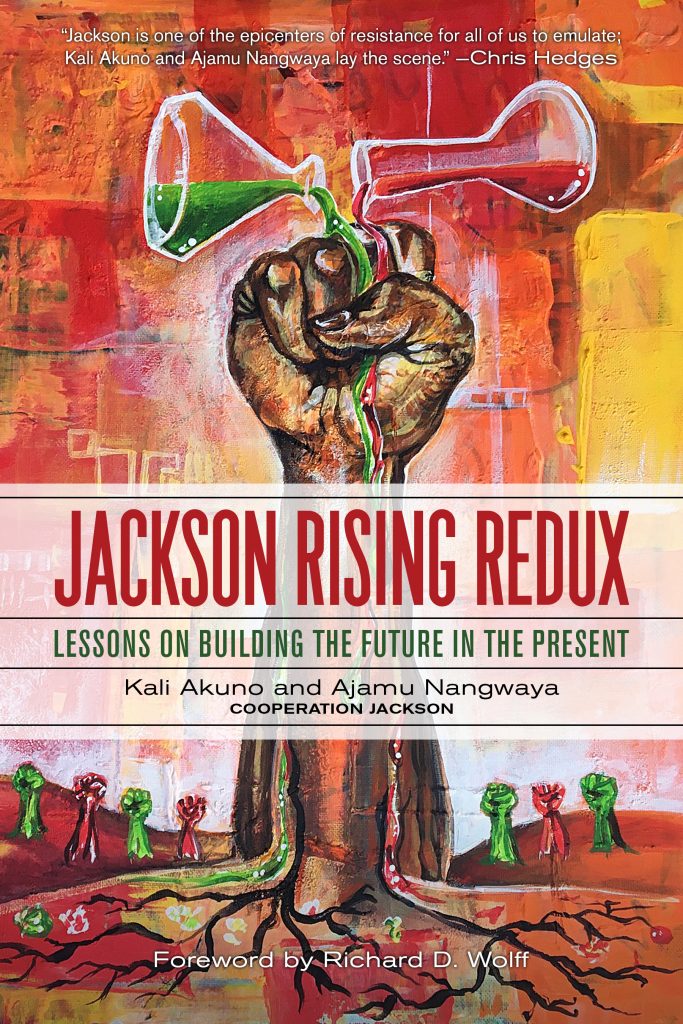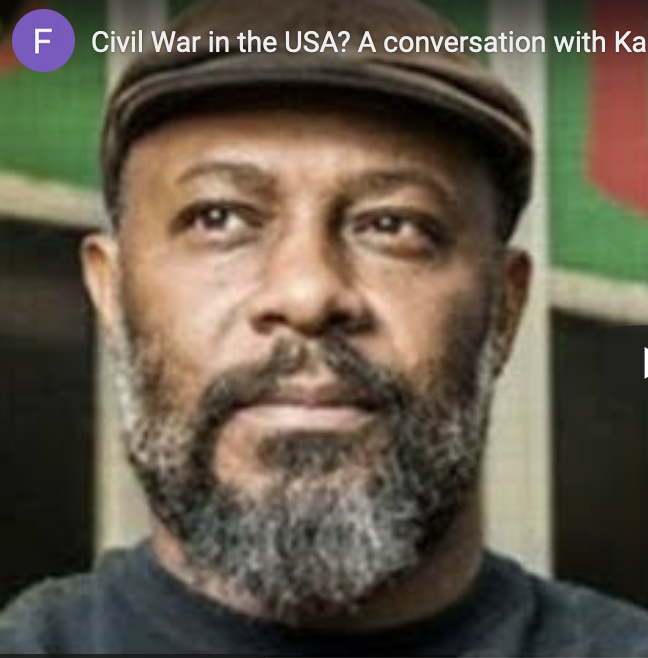Kali Akuno, the co-founder of Cooperation Jackson, recently wrote that “we have a little less than two years before the neo-confederates and neo-fascists install a reactionary dictatorship by the end of January 2025.” What can be done under such circumstances given the rise and confidence of the right and the weakness of the left in the USA? What measures can be taken for self-defence, ensuring people have access to food and other basic necessities in the face of threats from the dictatorship and far-right militia? What should be the political response? Organizing around voting rights is necessary, but is it sufficient? What are the possibilities for mass mobilizations? Will that hasten the development of the civil war? What are the implications of COVID in this context? As Frantz Fanon once prophetically stated, “each generation must, out of relative obscurity, discover its mission, fulfill it, or betray it.” The question is, says Kali Akuno, which one of these will we choose? “The choice is ours. We can panic and follow the liberal road to ruin, either intentionally or by default. Or we can rise up, build on our experiences, move from our strengths and forge a new path.” Kali Akuno is in conversation with Firoze Manji of Daraja Press to discuss these and other issues in greater depth. Date: 28 January 2022

Kali Akuno is a cofounder and codirector of Cooperation Jackson. He was the director of special projects and external funding in the mayoral administration of the late Chokwe Lumumba of Jackson, MS. His focus in this role was supporting cooperative development, the introduction of eco-friendly and carbon reduction methods of operation, and the promotion of human rights and international relations for the city. Akuno has also served as the codirector of the U.S. Human Rights Network, and the executive director of the Peoples’ Hurricane Relief Fund (PHRF) based in New Orleans, after Hurricane Katrina. He was a cofounder of the School of Social Justice and Community Development (SSJCD), a public school serving the academic needs of low-income African American and Latino communities in Oakland.






